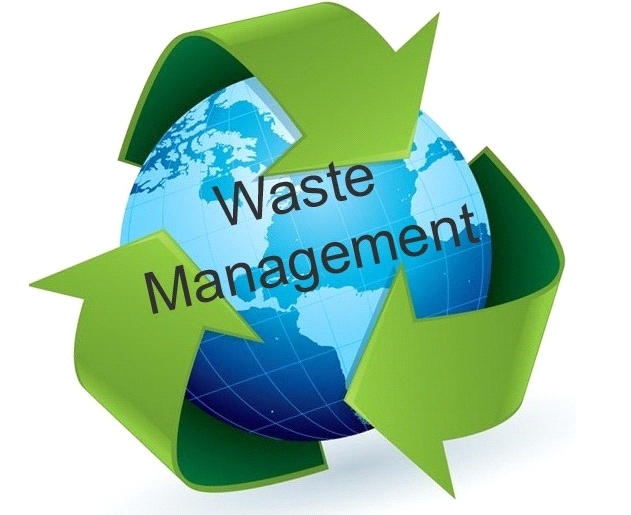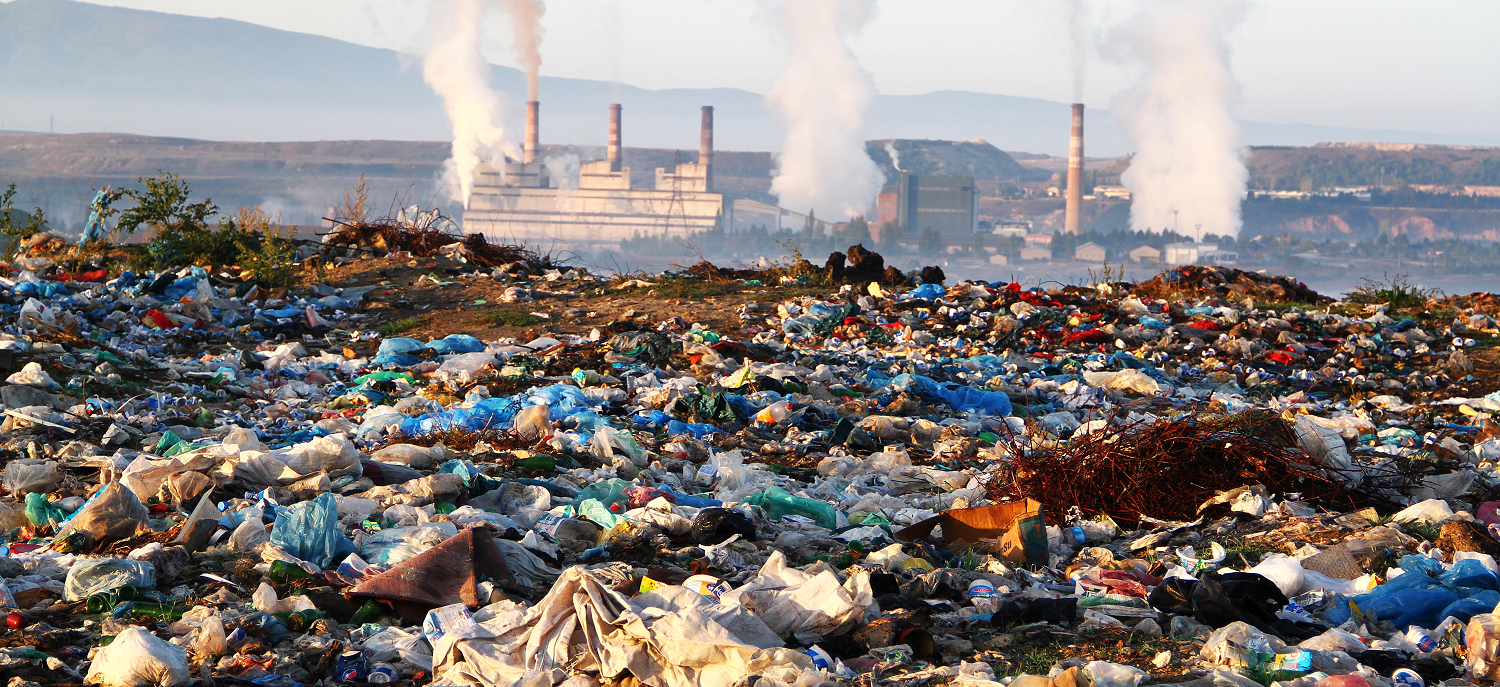It is the process of managing waste, which can be hazardous or non-hazardous, in a responsible manner, using appropriate procedures, tools and materials. The aim of waste management is to protect human health and the environment and to minimize the impact of wastes on the environment and on the living world. Waste management also involves the implementation and monitoring of the various measures involved in managing waste and ensuring its proper treatment and disposal in accordance with legislation, policy and guidelines.

Waste is a mixture of chemical compounds that have not been used or are no longer being used and is sometimes called ‘unwanted’ waste. In most instances, waste has to be disposed of in an appropriate manner, and the right procedures should be followed to avoid the environmental and social pollution of land, water and wildlife. For more information on a Soil Remediation Service, visit a site like Soilfix, providers of Soil Remediation Services
Wastes can be categorized as ‘hazardous waste’, ‘non-hazardous waste’ or ‘green waste’. Hazardous waste refers to those substances which, under the rules and regulations of the country concerned, should be treated as a risk to human health and environment and be disposed of accordingly. Non-hazardous waste does not pose a risk and hence it is not subject to any stringent rules and regulations.

There are various methods used for managing waste. Among these the most common methods are the following: collecting and recycling, using landfill gas, disposing of waste by incineration, use of solid waste collection and transfer.




